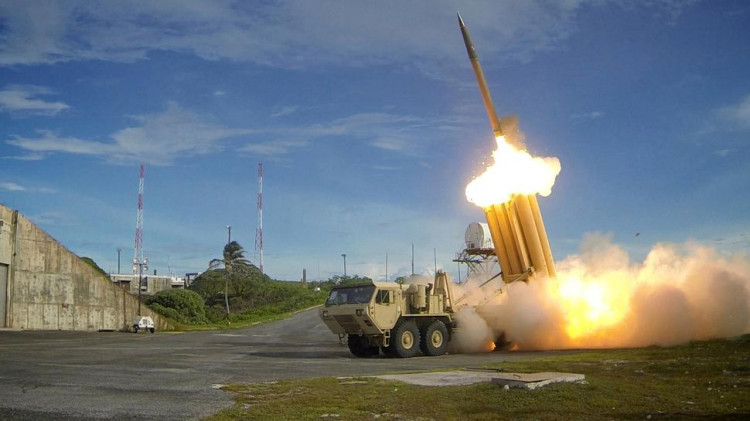In a daring escalation of conflict, a Ukrainian drone struck an oil storage depot in Klintsy, a Russian city near the Ukrainian border, igniting a massive fire. This strike represents Kyiv's intensified efforts to undermine the sense of normalcy that Russian President Vladimir Putin attempts to maintain inside his country, especially with the looming presidential election on March 17.
The attack in Klintsy, which occurred on Friday, resulted in four oil reservoirs, with a total capacity of 1.6 million gallons, being set ablaze. Alexander Bogomaz, the regional governor, confirmed the incident, stating that the drone was electronically jammed but managed to release its payload onto the facility. The incident was also reported by the state news agency Tass. Notably, this is not the first attack on this depot, as it was previously targeted by a Ukrainian drone in May last year.
Further intensifying the situation, the Russian city of Belgorod, also near the border, canceled its traditional Orthodox Epiphany festivities due to the threat of Ukrainian drone strikes. This marks the first known instance of major public events in Russia being called off due to such threats.
In a broader scope of Ukrainian military strategy, President Volodymyr Zelenskyy has vowed to target more Russian border regions this year. The focus on these targets is partly because Russian air defenses are concentrated in occupied regions of Ukraine, leaving distant targets inside Russia more vulnerable as Ukrainian forces develop longer-range drones.
Additional strikes were reported, fitting a similar pattern. The Russian Defense Ministry mentioned a Ukrainian drone being downed on the outskirts of St. Petersburg, a significant distance from the border. The wreckage fell on the premises of the St. Petersburg Oil Terminal, with co-owner Mikhail Skigin confirming the drone was targeting the terminal.
Another reported incident involved a Ukrainian drone attacking a gunpowder mill in Tambov, about 370 miles south of Moscow. However, Tambov Gov. Maxim Yegorov, as reported by Russia's RBC news outlet, stated that the plant was operating normally, countering earlier reports of disruption by Ukrainian forces.
These incidents come as part of a series of attacks on energy infrastructure by both Russian and Ukrainian forces. The conflict, which is approaching its two-year mark, has seen a significant shift in tactics, with Ukraine taking a more aggressive stance in targeting Russian facilities, signalling a new phase in the conflict.
The strategic implications of these attacks are profound. By targeting key infrastructure within Russia, Ukraine is demonstrating its capability and resolve to extend the conflict beyond its borders. This not only challenges Russia's military positioning but also aims to disrupt the narrative of normalcy within Russia, a crucial aspect as the country approaches a critical presidential election.
As the conflict continues to evolve, these developments mark a significant shift in the dynamics of the Ukraine-Russia war, heralding a phase where the battleground extends into Russian territory, bringing the war closer to Russian civilians and challenging the Kremlin's portrayal of the conflict.




